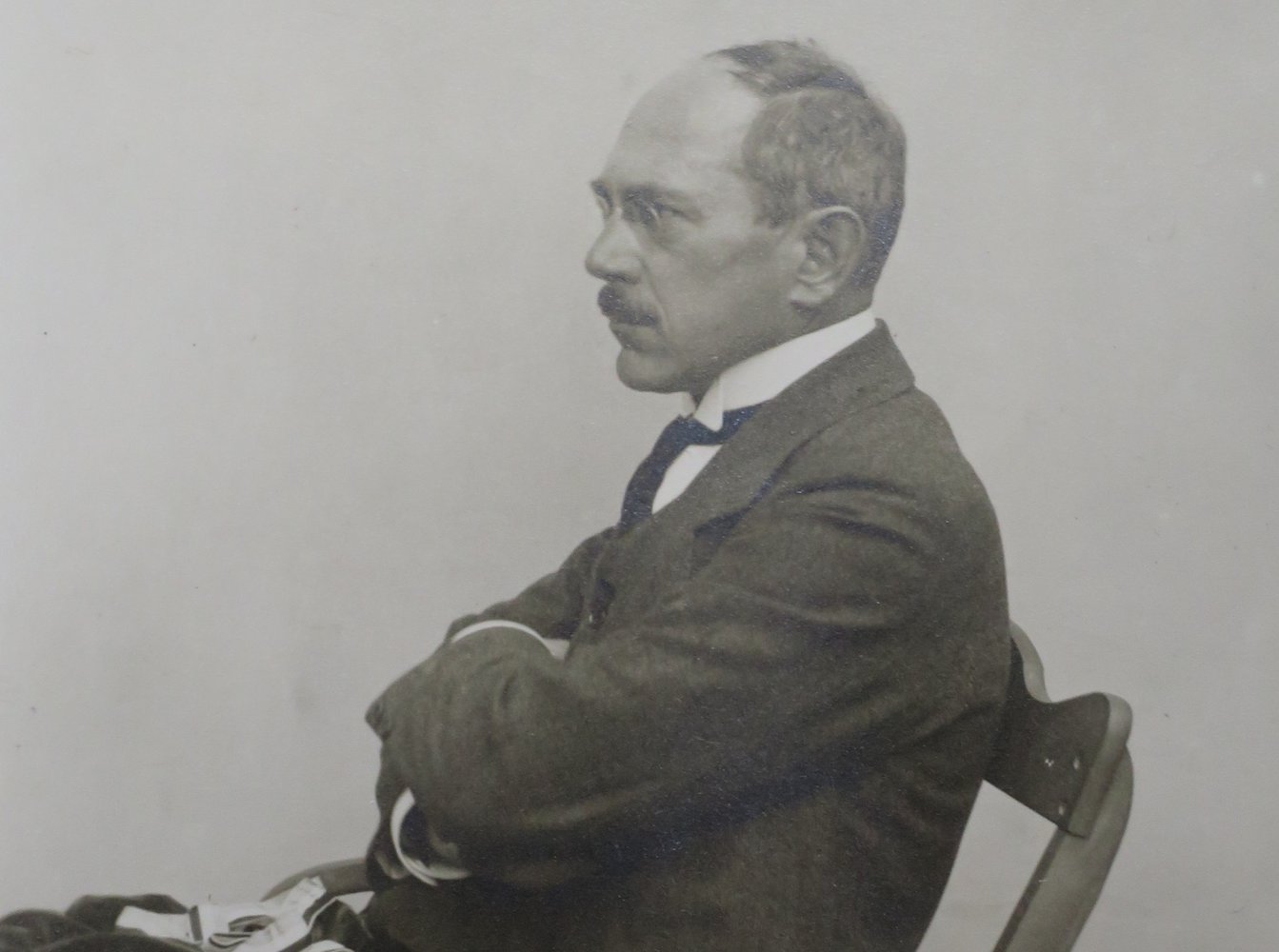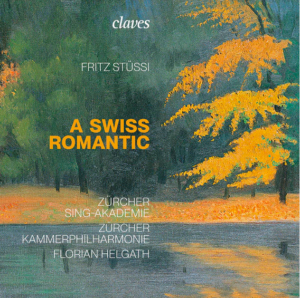A late-coming romantic
The oratorio "Vergehen und Auferstehen" by Fritz Stüssi has been released on CD together with other choral works. - A documentary film about the composer is available on YouTube.

Fritz Stüssi (1874-1923), like so many Swiss composers of this generation, would have been long forgotten were it not for the enthusiasm and dedication of his grandson Ulrich Stüssi. Stüssi was a "Zurich native" and attended music school there; Lothar Kempter and Fritz Hegar were his teachers. He was later joined in Berlin by Max Bruch. From his home in Wädenswil, Stüssi dominated the musical landscape on Lake Zurich for a long time.
He left behind an extensive oeuvre that is strongly rooted in the Romantic tradition. His main focus was on sacred works such as cantatas and motets. The sheet music is kept in the Zentralbibliothek Zürich.
His most important work is the oratorio, which premiered in Wädenswil in 1914 and lasts around thirty minutes Decay and resurrection, which is now available at Claves together with the Psalm 28 as well as other short pieces. Stüssi was not a dramatist, but rather a composer strongly rooted in Protestant religiosity who courageously confronted his role models. He begins his oratorio with "All flesh is like grass", which Brahms wrote in the German Requiem into one of the most touching movements. In Stüssi's work, it is the bass who begins with a moving recitative after a few bars of orchestral introduction. The model of Mendelssohn with the Elias is unmistakable, the striding ductus is also strongly reminiscent of Wagner's Parsifal. However, Stüssi is only able to build on the promising beginning in fragments.
For long stretches, the soloists dominate the action recitatively, which at times seems somewhat uniform, even though the lower voices in particular are formidably cast with Ingeborg Danz (alto) and Krešimir Stražanac (bass). The way in which the Zürcher Sing-Akademie under Florian Helgath celebrates the choral passages with outstanding vocal culture is also magnificent.
It is a pity that the CD is supplemented by other short choral pieces in a similar style, which makes listening to it somewhat tiring. Stüssi certainly has other works to offer, such as a C minor suite, which the Avalon Quartet has already played.
Red. The documentary short film offers an insight into his life and work Fritz Stüssi - Where you are going by Esther Kempf and Julia Ann Stüssi, to be seen on YouTube. Over 30 of the 134 works have been digitized and are available from the music publisher Musica Mundana. 
Fritz Stüssi: A Swiss Romantic. Zürcher Sing-Akademie, Zürcher Kammerphilharmonie, conductor Florian Helgath. Claves 50-3085
Deletion at the instigation of Verena (Mail 12.1.24)








